Practical Tips To Ace The PMP Exam
So, you have spent months on your rigorous preparation for the PMP exam. You have completed all sorts of courses, finished the PMBOK Guide, and have also been through hundreds of mock tests. It sounds like you are all set to nail your PMP exam. But it doesn’t matter how prepared you are; it is always best to look for helpful tips from the people who have already taken the exam. This blog post has listed the top 3 PMP exam tips that will help you improve your score, solve PMP exam questions and pass your exam comfortably.
Table of Contents
PMP is one such exam that tests your subject knowledge and your psychological preparedness, as well as quick decision-making. These tips will help you in PMP exam preparations in addition to courses and the PMBOK Guide.
Tips On Tackling PMP Exam Questions
Tip 1 — Understand the different types of PMP exam questions
PMP exam consists of many question styles to test your knowledge and skills in tackling exam questions.
Questions include:
- Short and on-point direct questions
- Lengthy questions of more than three lines
- Scenario and value-based questions.
- Formula-based questions that require you to select the most appropriate formula to find the answer
- ITTO questions that test your knowledge about the inputs, tools, techniques, and outputs of project management processes
Tip 2 — Read the questions carefully
Read all the questions carefully (especially the long questions). In the latter part of the exam, you will get some mind-boggling questions. The best way to answer these questions correctly is to look for keywords that can have a decisive impact on the correct answer. Here is the list of keywords that you should look out for:
- Most Likely
- Least Likely
- Best
- Not
- Except
For example-
Question: All of the given below are false statements regarding the Perform Qualitative Risk Analysis process, except:
A. Project risks are assessed in numerical terms.
B. Project risks are prioritized.
C. Project risks are identified in this process.
D. The risk registry needs not to be updated.
Take some time and think which is the correct answer!
Time is UP! The right answer is B.
The question here is using double negation- “false + except” and asking you which statement is essentially “true.”
Tip 3 — In Situational/Value-based Questions- Analyze, Understand & Choose the best among several correct answers
Most people lose marks in situational and value-based questions. These questions are usually lengthy and very tricky. These questions will give you a brief about a situation and ask you to provide the best possible way to deal with it. They are tricky because there is no clear distinction in the given options. Every option looks logical and reasonable in itself. Situational/value-based questions ask you to identify:
- The best next course of action
- Or the best possible option to ahead with.
Being a project management professional, you are required to choose the BEST option among them *according to PMI’s point of view*.
PMI expects professionals to be responsible. Sometimes you also need to ignore the issue or even make the decision without the interference of higher management as it might cause a delay in the work.
For example-
Question: Ankit is the project manager of two related projects (project 1 and 2. Condition- project 1 is more important). Resources are limited and are being shared among both projects. Given the changing market shift, the higher management has decided to reprioritize the projects but allocated project 2 with more workforce and resources. Also, Some of the team of project 1 have been re-assigned to project 2.
The remaining team members of project 1 do not believe that the project milestones can be achieved due to the sudden reduction in resources and workforce. Moreover, they have doubts about senior management’s decisions. What is your best next course of action?
Option:1- Brainstorm with the team to resolve conflicts and regain morale and dedication towards the project.
Option:2- Order the staff to work overtime to complete the project.
Option:3- Talk with the senior management to think about the decision again or for proper resource allocation.
Option:4- Analyze to find out a way to work on both projects while sharing the resources.
Which is the correct answer?
The correct answer is the fourth option, and here is the exact framework to answer it.
- Pick and analyze the information: Considering the market shift, senior management has decided to prioritize project 2, which probably means that project 2 is more beneficial to the company.
- Read the choices carefully: Read all the options at least twice to understand their consequences.
- Eliminate the wrong options.
- Option 2 is wrong as PMI does not recommend overtime;
- Option 3 is also wrong because senior management definitely must have considered all possible scenarios before making the decision.
- Now, only options 1 and 4 are left. Option 1 may be correct, but there is no guarantee of successful cooperation from team members.
- Option 4 is possibly the best solution as we can try to catch up to both the project without adding extra resources.
Further Tips-
- Be confident and take mock tests to prepare your mind to crack the exam.
- Stay relaxed during the exam as stress will negatively affect your performance.
- Understand questions before attempting to answer.
- Go through the PMBOK Guide to fully understand the guidelines and standard terminologies of project management.
Conclusion
PMP certification is indeed one of the best ways to advance in your career. However, it is not a piece of cake; only the most dedicated and serious candidates pass the exam with flying colors. So, make strategies to move ahead, study the PMBOK Guide, make the most out of the tips above for PMP exam preparations and eventually ace the exam.
Recommended Article
All Skills Required To Crack PMP Exam In The First Attempt | ExcelR
Senior Data Scientist and Alumnus of IIM- C (Indian Institute of Management – Kolkata) with over 25 years of professional experience Specialized in Data Science, Artificial Intelligence, and Machine Learning.
PMP Certified, ITIL Expert certified APMG, PEOPLECERT and EXIN Accredited Trainer for all modules of ITIL till Expert Trained over 3000+ professionals across the globe Currently authoring a book on ITIL “ITIL MADE EASY”.
Conducted myriad Project management and ITIL Process consulting engagements in various organizations. Performed maturity assessment, gap analysis and Project management process definition and end to end implementation of Project management best practices


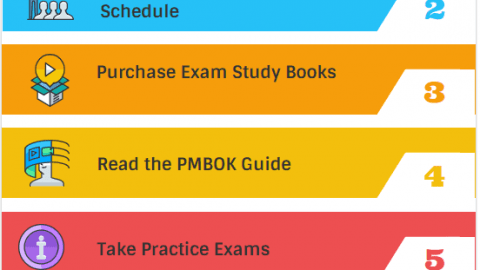
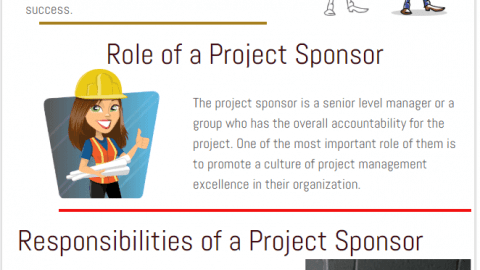
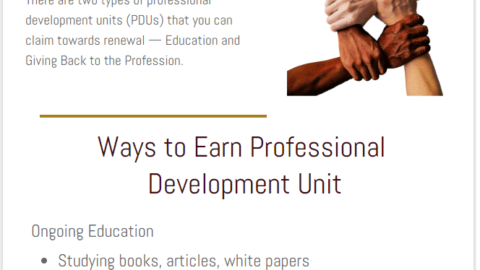
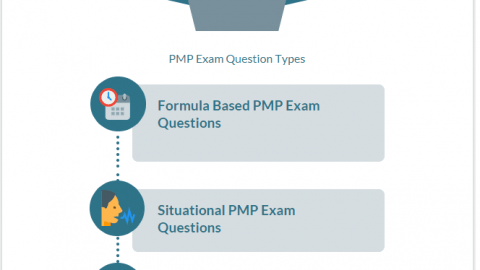
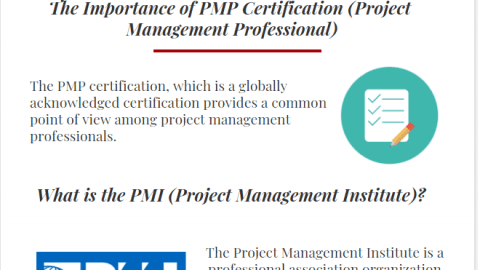
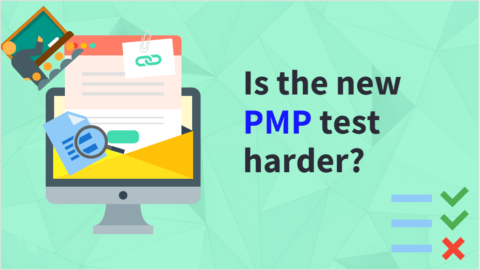
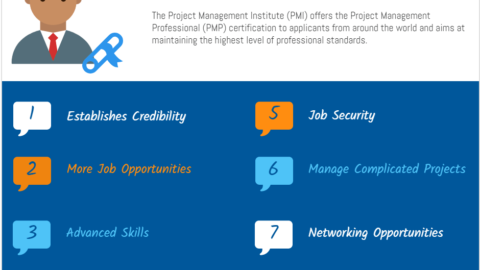
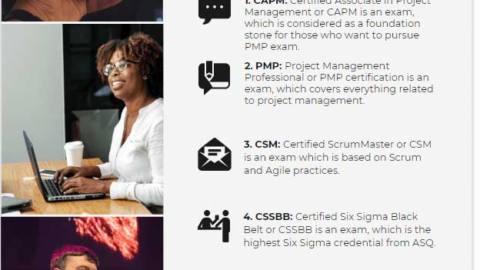

PMP exam is a hard nut to crack. Thanks for the detailed information. was really helpful for me.
Really appreciated for sharing this article. Very Informative.
Thank you for sharing this useful information. Keep sharing this kind of information
PMP is really a tough nut to crack. Thanks for the tips given in the blog, it is really helpful. It’s been a long I Have been preparing for PMP.